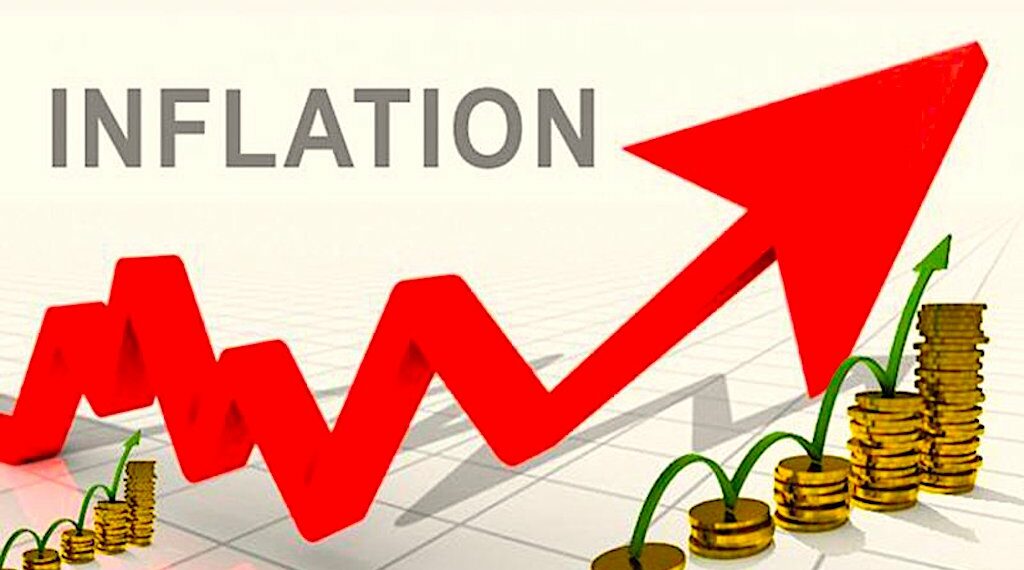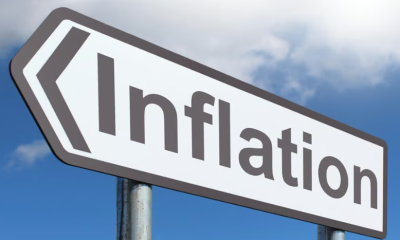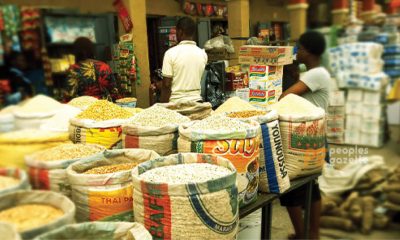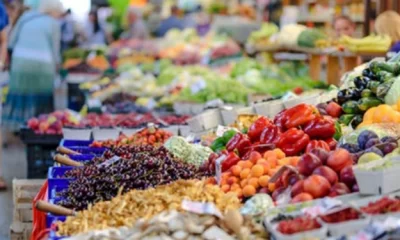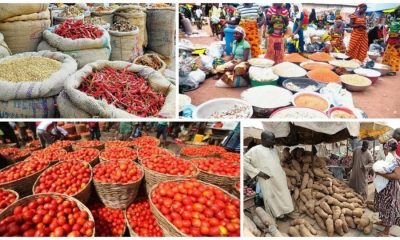In the latest inflation report released by the National Bureau of Statistics (NBS), Nigeria’s inflation rate for January 2024 has surged to 29.90%, marking a significant increase from the 28.92% recorded in the preceding month.
The data reveals a notable uptick in the headline inflation rate for January 2024 by 0.98% points when juxtaposed with December 2023’s figures.
Delving into a year-on-year comparison, the inflation rate for January 2023 stood at 21.82%, showcasing a considerable leap of 8.08% points by January 2024, underscoring an escalated headline inflation rate over the same period in the preceding year.
Moreover, a closer examination on a month-on-month basis illustrates that the headline inflation rate for January 2024 ascended to 2.64%, outpacing the 2.29% observed in December 2023 by 0.35% points.
This increment elucidates a heightened rise in the average price level for January 2024 relative to the increase noted in December 2023, highlighting the growing inflationary pressures within the nation’s economy.
READ ALSO: Nigerians face tougher days ahead as hunger, inflation bite harder
The NBS reports a significant surge in the food inflation rate for January 2024, reaching a year-on-year high of 35.41%. This marks a substantial 11.10%-point increase from the 24.32% observed in January 2023, highlighting a pronounced rise in the cost of food items.
The key drivers of this inflationary pressure include notable price hikes in essential food commodities such as bread and cereals, potatoes, yams and other tubers, oils and fats, fish, meat, fruits, as well as coffee, tea, and cocoa.
In a more granular month-on-month analysis, the food inflation rate for January 2024 escalated to 3.21%, which is 0.49% points above the rate recorded in December 2023 (2.72%). This increase can be attributed to the accelerated rate of price rises in potatoes, yams and other tubers, bread and cereals, fish, meat, tobacco, and vegetables.
Moreover, examining the broader trend, the average annual rate of food inflation for the twelve months ending in January 2024 surged to 28.91%, representing a significant 7.38%-point increase from the 21.53% annual rate of change recorded in January 2023. This data underscores the escalating cost pressures within the food sector, affecting the overall inflationary landscape and impacting the cost of living for households across Nigeria.
READ ALSO: Inflation: I’ll personally inform Pres. Tinubu that Nigerians are suffering — Gov. Yusuf
The NBS delineates a marked increase in the Core inflation rate for January 2024, which ascended to 23.59% on a year-on-year basis. This represents a significant uplift of 4.71% points from the 18.88% noted in January 2023. The Core inflation metric, known for excluding the prices of volatile agricultural produce and energy, offers a glimpse into the underlying inflationary trends minus the external price shocks from these sectors.
AdvertisementOn a month-on-month basis, the Core Inflation rate for January 2024 was recorded at 2.24%, marking an increase from the 1.82% observed in December 2023 by 0.42% points. This increment signifies a continued acceleration in the price levels of non-volatile and non-energy items as the month progressed.
Furthermore, the analysis over a 12-month period ending in January 2024 reveals an average annual inflation rate of 21.15% for the core index, up by 4.74% points from the 16.41% recorded in January 2023. This uptrend underscores a sustained rise in the core inflation rate, highlighting persistent inflationary pressures in the segments of the economy unaffected by agricultural or energy price volatilities.

 Comments and Issues2 days ago
Comments and Issues2 days ago
 Business6 days ago
Business6 days ago
 Business1 week ago
Business1 week ago
 Business1 week ago
Business1 week ago
 Business5 days ago
Business5 days ago
 Education7 days ago
Education7 days ago
 News6 days ago
News6 days ago
 Comments and Issues5 days ago
Comments and Issues5 days ago
